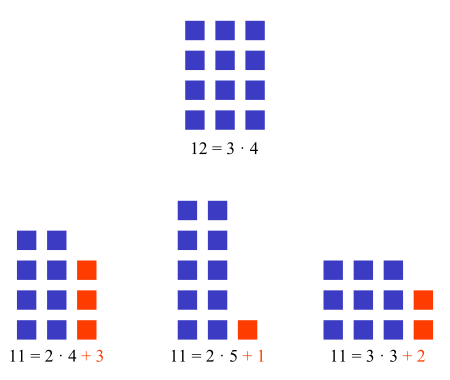 From Peter Woit at Not Even Wrong:
From Peter Woit at Not Even Wrong:
Erica Klarreich at Quanta has the story of a surprising new result about prime numbers from Kannan Soundararajan and Rober Lemke Oliver. They have found that, given a prime number with a certain last digit, there are different probability for the last digit of the next one (among the various possibilities). This violates usual assumptions that such things are in some sense “random”, indicating just how subtle this “randomness” is. More.
From Klarreich at Quanta:
Two mathematicians have uncovered a simple, previously unnoticed property of prime numbers — those numbers that are divisible only by 1 and themselves. Prime numbers, it seems, have decided preferences about the final digits of the primes that immediately follow them.
Among the first billion prime numbers, for instance, a prime ending in 9 is almost 65 percent more likely to be followed by a prime ending in 1 than another prime ending in 9. In a paper posted online today, Kannan Soundararajan and Robert Lemke Oliver of Stanford University present both numerical and theoretical evidence that prime numbers repel other would-be primes that end in the same digit, and have varied predilections for being followed by primes ending in the other possible final digits.
…
The discovery is the exact opposite of what most mathematicians would have predicted, said Ken Ono, a number theorist at Emory University in Atlanta. …
See also: Infinity at Starbucks: Starring Laszlo Bencze and Art Battson
Follow UD News at Twitter!